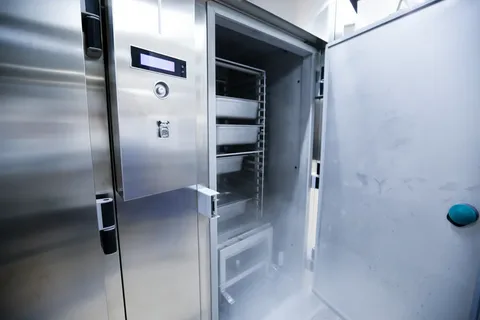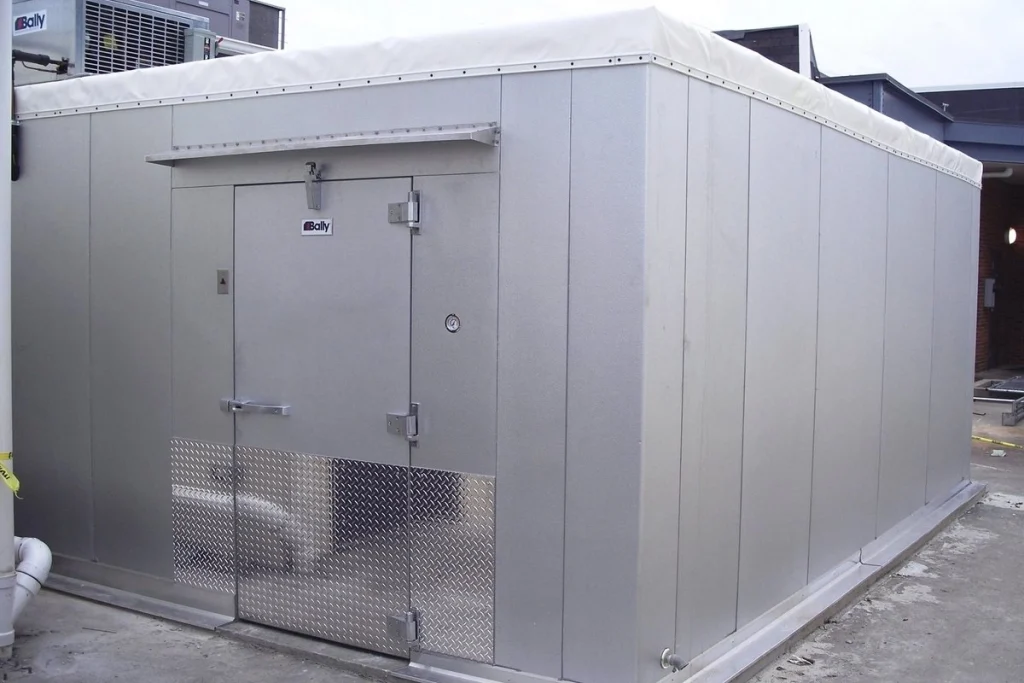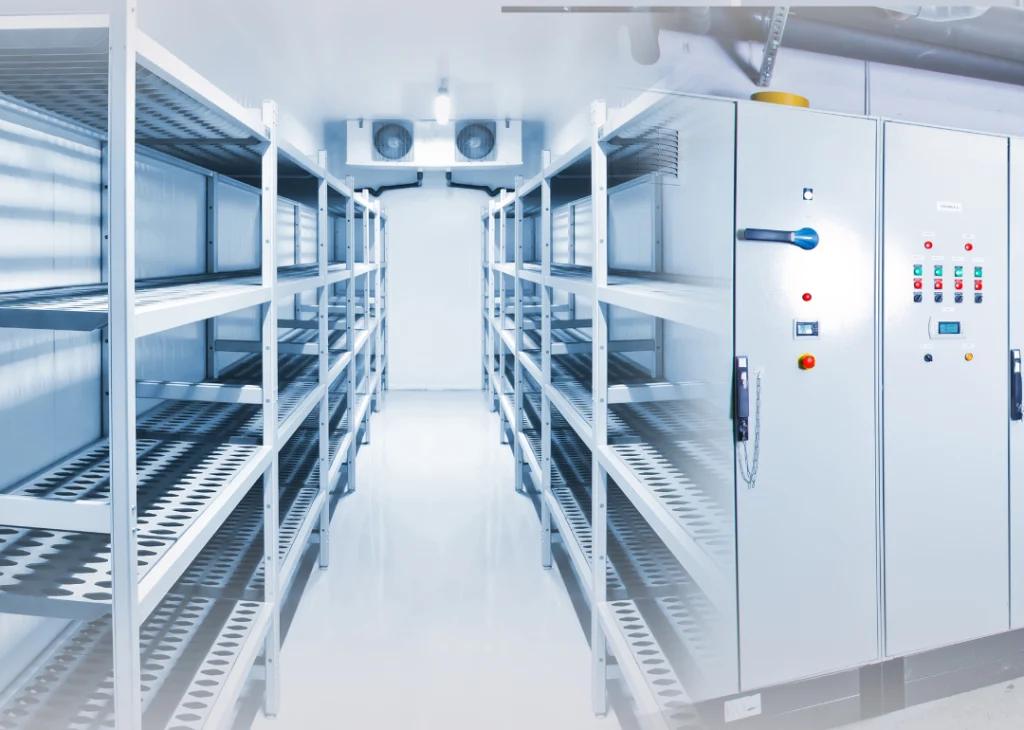Refrigeration is a critical component of any foodservice operation, ensuring that perishable items stay fresh and safe for consumption. When your commercial refrigeration equipment isn’t working properly, it can lead to spoiled food, wasted inventory, and costly downtime. Understanding common refrigeration issues and how to troubleshoot them can help you avoid unnecessary repairs, maintain food safety, and keep your business running smoothly. Here’s a guide to troubleshooting seven common refrigeration problems in foodservice.
1. Refrigerator Is Not Cooling Properly
One of the most common issues is when your refrigerator isn’t cooling effectively, leaving food at risk of spoiling. If your unit is running but not cooling as expected, check the following:
- Temperature Setting: Ensure that the thermostat is set correctly and hasn’t been accidentally adjusted.
- Dirty Condenser Coils: Condenser coils that are clogged with dust or grease can reduce cooling efficiency. Clean the coils with a brush or vacuum to restore proper airflow.
- Blocked Vents: Make sure the vents inside the refrigerator are unobstructed. Blocked vents can prevent air from circulating and affect cooling performance.
2. Excessive Frost or Ice Buildup
Excessive frost or ice buildup can occur in both walk-in coolers and freezers, leading to inefficient performance and uneven cooling. The main causes of ice buildup include:
- Faulty Door Seals: If the door seals are cracked or damaged, warm air can enter the cooler, causing condensation that turns to ice. Inspect the seals and replace them if needed.
- Defrost Timer Issues: If your cooler or freezer isn’t defrosting properly, it could lead to ice buildup. Check the defrost timer, heater, and thermostat to ensure they’re functioning correctly.
- Frequent Door Opening: Frequently opening the door allows moist air to enter, leading to frost accumulation. Try to limit door openings and check the door’s tightness.
3. Unusual Noises
A noisy refrigerator can be an indication of a mechanical problem. If your unit is making strange sounds such as grinding, buzzing, or rattling, here are some potential causes:
- Compressor Issues: The compressor is responsible for circulating coolant through the system. A failing compressor may make loud or unusual noises. If the noise persists, a professional should inspect and possibly replace the compressor.
- Loose Fans: Check the fans for any loose or obstructed parts. Dirty or damaged fan blades can create abnormal sounds, and cleaning or replacing them may solve the issue.
4. Water Pooling Inside or Around the Unit
Water pooling inside or around your refrigerator is a sign of improper drainage or moisture buildup. Common causes include:
- Clogged Drain Line: The drain line may be clogged, preventing water from draining away. Inspect the line for blockages and clean it out.
- Defrost Drain Issues: If the defrost drain is blocked or frozen, water can accumulate inside the unit. Check the drain and ensure it’s clear of debris or ice.
5. The Refrigerator is Too Cold
If your refrigerator is too cold and freezing food, the thermostat may be malfunctioning. To troubleshoot:
- Thermostat Setting: Make sure the thermostat is set to the correct temperature range for refrigeration. Adjust it if necessary.
- Faulty Thermostat: If adjusting the temperature doesn’t solve the issue, the thermostat itself may be faulty and needs replacing. A malfunctioning thermostat can cause the unit to run continuously, leading to freezing.
6. Refrigerator Cycles On and Off Frequently
If your refrigerator is turning on and off more often than usual, it can cause energy inefficiency and wear down the system. Common causes include:
- Dirty Condenser Coils: When coils are dirty, they can overheat, causing the refrigerator to cycle more frequently. Clean the coils to improve performance.
- Faulty Thermostat or Sensors: If the thermostat or temperature sensors are malfunctioning, the unit may not accurately detect the temperature and could cycle more often than needed. Have the sensors and thermostat checked and replaced if necessary.
7. Refrigerator Smells Bad
Unpleasant odors inside your refrigerator can be a sign of bacterial growth or spoiled food. To address bad smells:
- Clean Regularly: A thorough cleaning of shelves, trays, and corners can help eliminate lingering odors. Use a mild detergent and disinfectant to clean the interior.
- Check for Spoiled Food: Regularly inspect food items to ensure that nothing has gone bad. Remove expired items immediately.
- Check Drainage System: If the drain system is clogged, stagnant water can cause odors. Clean and clear the drain lines to ensure proper drainage and airflow.
Wrapping Up
Maintaining your refrigeration equipment is key to keeping your foodservice operation running smoothly and your products safe for customers. By addressing these common refrigeration issues early on, you can prevent bigger problems and ensure your equipment remains in optimal condition. Regular maintenance, cleaning, and troubleshooting will go a long way in extending the lifespan of your refrigeration systems.



